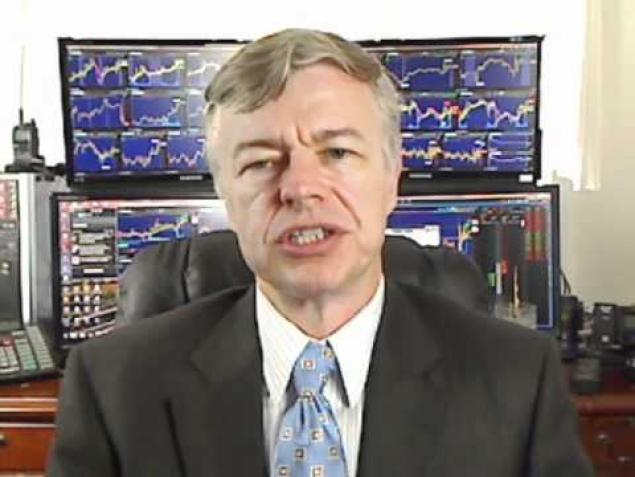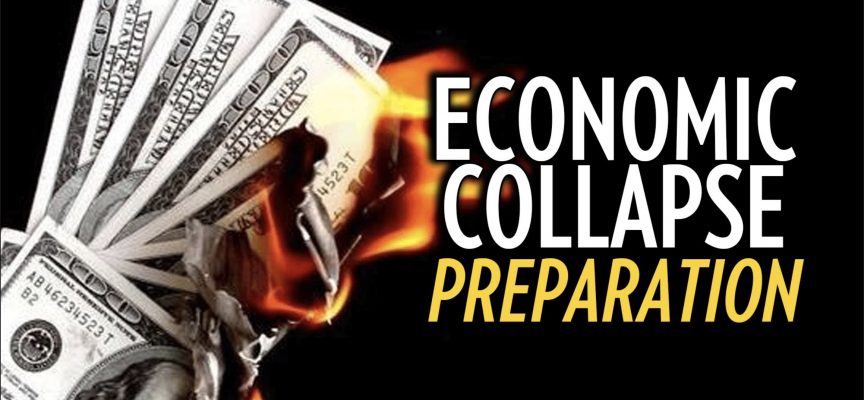from King World News
 It’s raining diamonds, plus a look at the haves and the have notes.
It’s raining diamonds, plus a look at the haves and the have notes.
The Haves And The Have Nots
July 24 (King World News) – Gerald Celente: “Global net wealth staged a significant recovery in 2023, growing by 4.3% after a difficult year in 2022,” according to the annual Global Wealth Report prepared by the Boston Consulting Group.
Assets of the 73,000 ultra-high-net-worth individuals—the “ultra-rich”—rose to about $400 trillion. Financial wealth—cash-related assets rather than real estate, commodities, and other non-financial possessions—gained almost 7 percent after shrinking 4 percent in 2022.


 In discussing the Mises Institute’s June 24th full-page Wall Street Journal ad entitled “Who Needs the Fed?” on talk radio recently most of the interviewers naturally expressed skepticism over whether the Fed could ever actually be abolished and a gold-and-silver standard reinstituted. It reminded me of something Murray Rothbard said about this. If the government had monopolized say, shoe production a hundred years ago and someone suggested the privatization of shoe production, there would be cries of: “Who will make shoes? The government has always made shoes!”
In discussing the Mises Institute’s June 24th full-page Wall Street Journal ad entitled “Who Needs the Fed?” on talk radio recently most of the interviewers naturally expressed skepticism over whether the Fed could ever actually be abolished and a gold-and-silver standard reinstituted. It reminded me of something Murray Rothbard said about this. If the government had monopolized say, shoe production a hundred years ago and someone suggested the privatization of shoe production, there would be cries of: “Who will make shoes? The government has always made shoes!” Frankly, as the ladies say, I am “exhausted” after a week of assassination attempts, Secret Service blame dodging, and Donald Trump infuriating the noblesse by ad-libbing his acceptance speech.
Frankly, as the ladies say, I am “exhausted” after a week of assassination attempts, Secret Service blame dodging, and Donald Trump infuriating the noblesse by ad-libbing his acceptance speech. In today’s episode, I cover Cheatle’s ridiculously awful performance in from of Congress and tear it apart. When she wasn’t ducking question outright, she was giving false and incomplete answers. Of course, I am there with the receipts.
In today’s episode, I cover Cheatle’s ridiculously awful performance in from of Congress and tear it apart. When she wasn’t ducking question outright, she was giving false and incomplete answers. Of course, I am there with the receipts. The Trump campaign filed a complaint regarding the transfer of millions of dollars from President Joe Biden’s campaign funds over to Vice President Kamala Harris’s presidential campaign.
The Trump campaign filed a complaint regarding the transfer of millions of dollars from President Joe Biden’s campaign funds over to Vice President Kamala Harris’s presidential campaign. A game-changer is underway. Even the NAR concedes this “shift from a seller’s market to a buyer’s market.”
A game-changer is underway. Even the NAR concedes this “shift from a seller’s market to a buyer’s market.” QUESTION: Marty, I watched Rep. Anna Paulina Luna interrogating the questionable Secret Service Director Cheatle. Paulina accused her of perjury. She says that Garland probably told her to stonewall. Pailina is your representative. Why has she not asked the Inspector General to investigate your case with all the evidence you presented in the Plot to Seize Russia? It seems with Hillary sniffing around the presidency, if she is really gun-ho, she should be championing what you have uncovered.
QUESTION: Marty, I watched Rep. Anna Paulina Luna interrogating the questionable Secret Service Director Cheatle. Paulina accused her of perjury. She says that Garland probably told her to stonewall. Pailina is your representative. Why has she not asked the Inspector General to investigate your case with all the evidence you presented in the Plot to Seize Russia? It seems with Hillary sniffing around the presidency, if she is really gun-ho, she should be championing what you have uncovered.
 You might think of gold as old-fashioned – an investment that mostly appeals to Boomers. But in the real world, it’s Millennials and Gen-Zers who are clamoring for gold.
You might think of gold as old-fashioned – an investment that mostly appeals to Boomers. But in the real world, it’s Millennials and Gen-Zers who are clamoring for gold. “Our crime rate is going up,” former President Donald Trump claimed during the Republican National Convention last week, when he vowed to “Make America Safe Once Again.” Yet the most notable recent increase in the homicide rate happened on Trump’s watch, and violent crime has been falling since then.
“Our crime rate is going up,” former President Donald Trump claimed during the Republican National Convention last week, when he vowed to “Make America Safe Once Again.” Yet the most notable recent increase in the homicide rate happened on Trump’s watch, and violent crime has been falling since then.
 Multiple sources have reportedly commented that something so significant happened to Joe Biden in Las Vegas last week that local law enforcement were alerted to clear a way to an emergency medical centre, before the plan was abruptly changed and he was rushed home on Air Force One.
Multiple sources have reportedly commented that something so significant happened to Joe Biden in Las Vegas last week that local law enforcement were alerted to clear a way to an emergency medical centre, before the plan was abruptly changed and he was rushed home on Air Force One. By Adam Andrzejewski of
By Adam Andrzejewski of  Do you remember how painful the Great Recession was? 2008 and the years immediately following were definitely a very dark chapter in our history, but a new study has actually found that the percentage of Americans that worry they won’t be able to pay their bills is actually higher today than it was back then. Slowly but surely, our economic strength has been fading and our standard of living has been falling. Unfortunately, now we have reached a point where a very large portion of the U.S. population is really struggling. According to a CNN poll that was just released, almost 40 percent of all U.S. adults “say they worry most or all of the time that their family’s income won’t be enough to meet expenses”…
Do you remember how painful the Great Recession was? 2008 and the years immediately following were definitely a very dark chapter in our history, but a new study has actually found that the percentage of Americans that worry they won’t be able to pay their bills is actually higher today than it was back then. Slowly but surely, our economic strength has been fading and our standard of living has been falling. Unfortunately, now we have reached a point where a very large portion of the U.S. population is really struggling. According to a CNN poll that was just released, almost 40 percent of all U.S. adults “say they worry most or all of the time that their family’s income won’t be enough to meet expenses”… Originally published via Armageddon Prose:
Originally published via Armageddon Prose: Two economic indicators have plunged near the lowest levels in history. This is not the sign of a healthy economy. Take a look…
Two economic indicators have plunged near the lowest levels in history. This is not the sign of a healthy economy. Take a look…